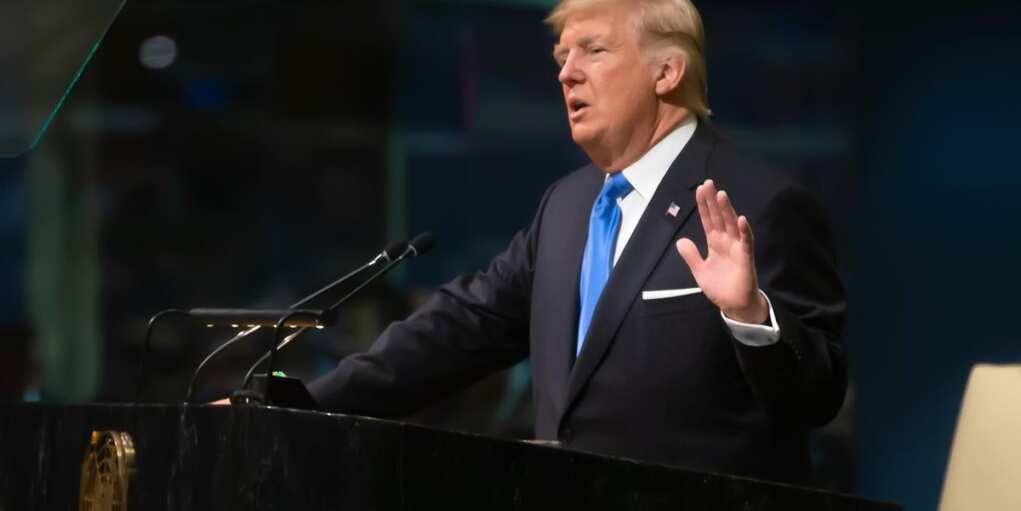Trump Forces Iran’s Hand—Corners Them With UN Ceasefire Gambit

President Donald Trump’s announcement of a ceasefire in the so-called “12 Day War” may have seemed premature—especially with Iran officially rejecting the terms—but his timing may have been more strategic than it first appeared. By moving ahead of the United Nations Security Council’s (UNSC) scheduled discussions, Trump effectively boxed Iran in and forced global momentum behind his peace terms.
On Monday evening, Trump declared that Israel and Iran had reached a ceasefire agreement, despite Iran’s public refusal to confirm it. Media reports of behind-the-scenes diplomacy suggest that Trump’s statement wasn’t baseless. More importantly, his announcement came just before the UNSC was set to reconvene, giving the U.S. the upper hand in shaping the Council’s next move.
A day earlier, following the U.S. airstrikes on Iran’s Fordow, Natanz, and Isfahan nuclear facilities, the UNSC held an emergency meeting. At that session, Russia and China—nations typically opposed to U.S. foreign policy—pressed for an immediate ceasefire. Now, with the U.S. seemingly pivoting toward that same goal, a ceasefire resolution backed by the entire Council is within reach.
That could be a game-changer. If the UNSC votes to impose a ceasefire, Iran would be in violation of a binding international resolution if it continues to launch attacks. Such defiance would shift the narrative dramatically, from a regional conflict to Iran standing against the global consensus. In that context, Trump’s declaration could have been less about bilateral diplomacy and more about laying the groundwork for a global mandate.
Reports indicate that the Security Council may take up the issue as early as Tuesday under the guise of a non-proliferation discussion. This approach allows the body to frame Iran’s nuclear threat as a broader international issue, rather than just a bilateral conflict with Israel or the U.S. Trump’s administration is reportedly ready to endorse a ceasefire resolution—marking a reversal from earlier this month, when the U.S. vetoed a similar measure over concerns that it failed to condemn Hamas.
The political optics are potent: Trump, once criticized for escalating tensions, now appears to be orchestrating an off-ramp. And in doing so, he’s managed to get traditionally adversarial nations like Russia and China aligned with the U.S. position—at least on paper.
The implications are enormous. Should the UNSC vote pass, Iran would find itself isolated not just from the U.S. and Israel, but from the international community at large. Violating a Security Council resolution could trigger a cascade of consequences, from economic sanctions to further diplomatic ostracization.
Strategically, this move allows the U.S. to maintain military pressure while simultaneously appearing as a peacemaker on the world stage. And it caps off a whirlwind of events that began with Israel’s preemptive strike, escalated with U.S. intervention, and now appears poised to conclude with Iran’s effective containment.
While the ceasefire might leave the Iranian regime intact, its nuclear infrastructure lies in ruins. According to Trump officials and defense analysts, the U.S. strikes significantly set back Iran’s nuclear ambitions, possibly for years. That alone marks a tactical victory for both the U.S. and Israel.
Whether or not Iran formally accepts the ceasefire terms may no longer matter. If the world moves to enforce them, Tehran will face a new reality: one in which its defiance pits it not just against the West, but against the full weight of international law. And Trump, for his part, will have engineered a peace settlement that the world itself now owns.

